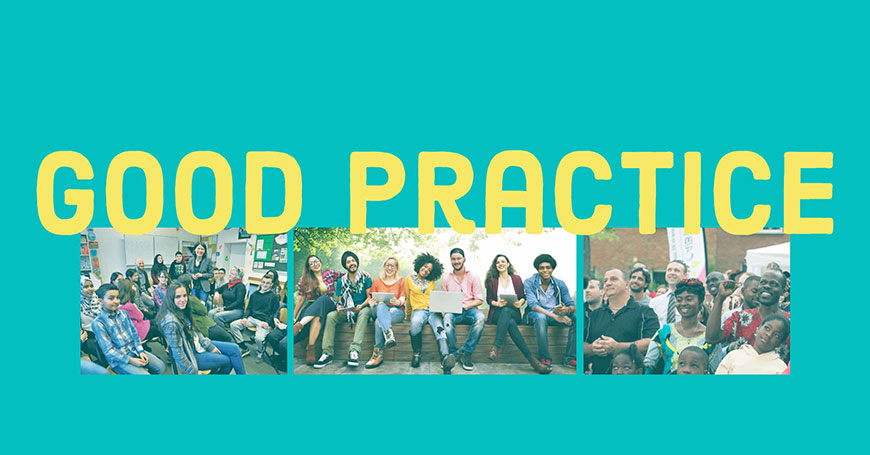Intercultural cities: good practice examples

The first step is the adoption (and implementation) of strategies that facilitate positive intercultural encounters and exchanges, and promote equal and active participation of residents and communities in the development of the city, thus responding to the needs of a diverse population. The Intercultural integration policy model is based on extensive research evidence, on a range of international legal instruments, and on the collective input of the cities member of the Intercultural Cities programme that share their good practice examples on how to better manage diversity, address possible conflicts, and benefit from the diversity advantage.
This section offers examples of intercultural approaches that facilitate the development and implementation of intercultural strategies.
District Mothers
Purpose: Migrant mothers reaching out to and integrating other migrant mothers Stimulus/Rationale: Process: The “Stadtteilmütter” (District Mothers) project is targeted at areas under Neighbourhood...
Young Mayor
Purpose: Putting power and responsibility in the hands of young people. Stimulus/Rationale: Lewisham Young Mayor is a robust attempt to put real power and responsibility in the hands of young...


